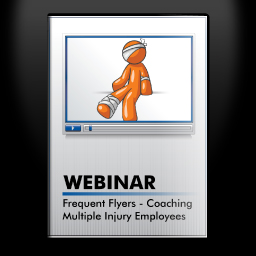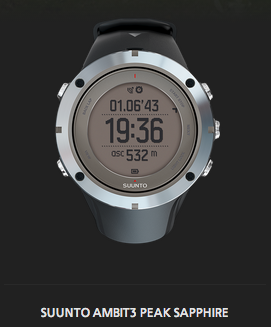Ask Angela - When to Start Worrying About an Injury
 Thursday, October 24, 2013 at 7:20AM
Thursday, October 24, 2013 at 7:20AM

We are honored to have pro triathlete Angela Duncan-Naeth host a Q and A series here on ZenTri. If you want her to answer your own question next time, send it to her on Twitter or leave it in the comments below. Here we go!
Question from @Drvanderad: "What's your process for differentiating b/t just a niggle & the beginning of an injury?"
Angela: Differentiating between 'just a niggle' and the beginning of an injury is a good question. Niggles can turn into something big. Even I still have troubles figuring this out! It's the days leading up to the niggle that you have to be in-tune with.
If something is sore, your body is telling you something. However, asking yourself if it's ok to train with the 'niggle' is a different question.
Most triathlete 'niggles' come from biking and running.
If I'm running and a pain or twinge starts I don't usually stop. I usually slow down, and assess. If walking eases it, I walk for a few minutes and then slowly progress again. If this doesn't change the feeling, I walk and call it a day. If it's something that seems to be bothering me, I typically take the next 2-3 days off running. This usually takes care of it.
I haven't had any issues on the swim/bike but the same type of assessment should be taken. Slow down, assess, try a different approach (ie. higher cadence, change of stroke/gear used in swimming).
If the pain lingers throughout the day or into the night, then an injury might be ensuing. Head caution. Less is best. Take the days off from the sport that is causing the issue.
Phil Maffetone, an advisor I work with gives a good definition of the two:
A niggle can be defined as a twinge, ache, a noticeable feeling not quite right—as opposed to a definite pain or disability. Sometimes athletes who are sensitive to their bodies feel something ‘just not right.’ These are important symptoms to pay attention to (without becoming obsessed), and can be very meaningful when considered along with other aspect of the lifestyle (training, diet, stress, etc.). In most cases, those little niggles will disappear.
When these little symptoms appear, it’s usually because some subtle imbalance exists. It could be muscular, which is most common, or some minor microtrauma not noticed at the time it occurred. It might take the body a day or two, or even a week to correct the problem. Then the symptom disappears. If it persists, it could mean the body needs more time to fix itself. Or, it could mean the body is unable to self-correct and potentially it could lead to a more major injury.
You can find out more about Angela on her website and also ask her more questions on Twitter.














Reader Comments